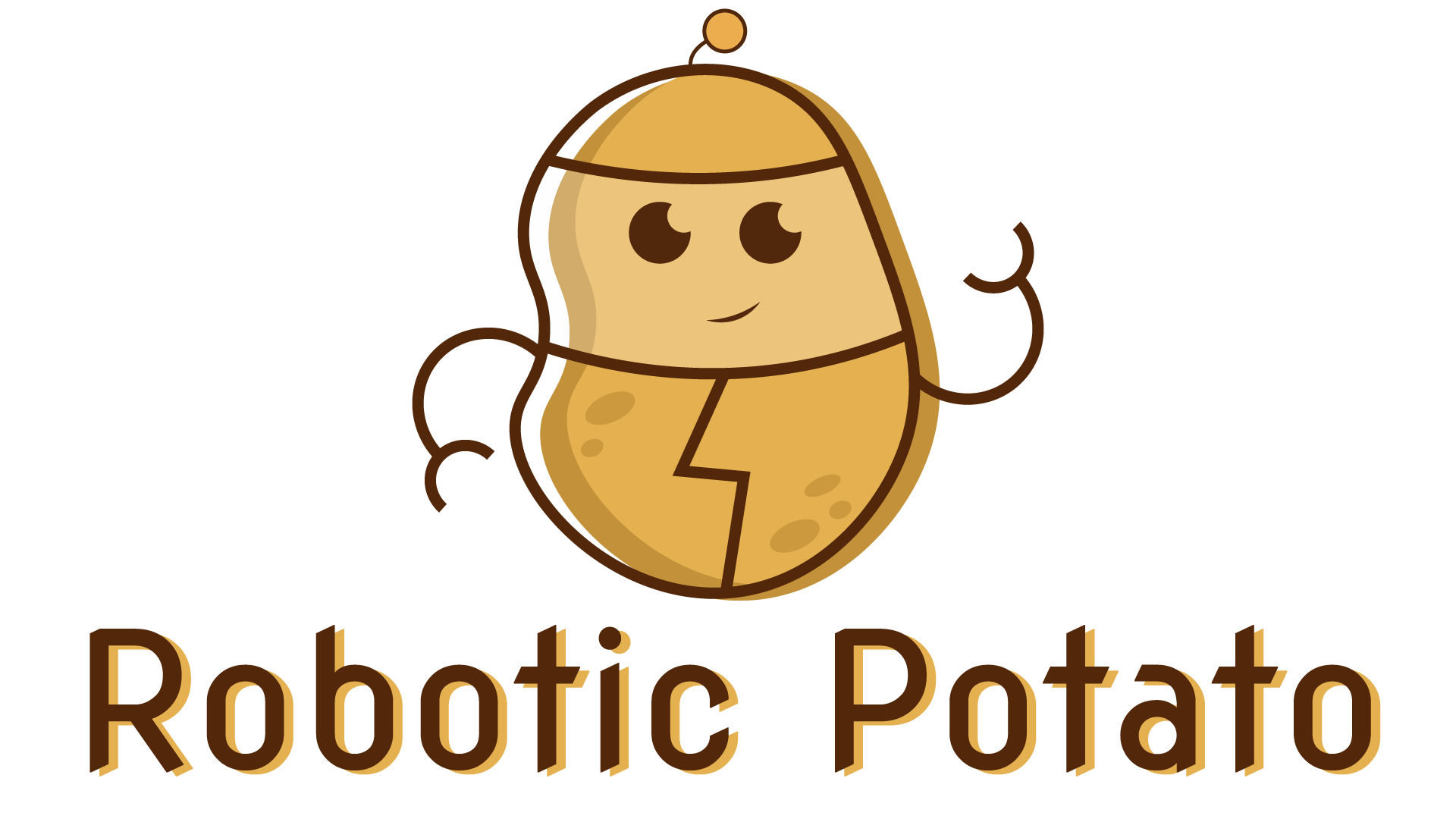As businesses continue to navigate the complexities of an increasingly digital landscape, one thing has become clear: automated AI solutions are revolutionizing operations worldwide by streamlining processes, enhancing efficiency, and driving innovation.
The concept of automated AI, which leverages artificial intelligence to automate tasks and decision-making, has gained significant traction in recent years due to its numerous benefits, including improved productivity, reduced costs, and increased accuracy.
From machine learning algorithms to natural language processing, various types of AI technology are being employed to drive automation forward, transforming industries and organizations across the globe.
In this article, we will delve into the world of automated AI solutions, exploring their applications, benefits, and the latest trends in AI adoption, from the global landscape to successful implementation stories in the United States.
We will examine the different types of AI technology used in automation, discuss the factors to consider when selecting the right AI for your business needs, and highlight the most powerful AI systems in the world.
Whether you’re looking to improve operational efficiency, enhance customer experience, or stay ahead of the competition, our comprehensive guide will provide valuable insights and practical advice on harnessing the power of automated AI solutions to drive success in today’s fast-paced business environment.

What is Automated AI?
Automated AI refers to the integration of artificial intelligence (AI) technologies into various systems and processes to automate tasks, decisions, and workflows. This concept combines machine learning, natural language processing, and robotics to create intelligent machines that can perform complex tasks autonomously.
There are several types of automated AI, including:
- Cognitive Automation: This type of automation uses AI to mimic human thought processes and decision-making abilities.
- RPA (Robotic Process Automation): RPA involves automating repetitive tasks and processes using software robots that interact with digital systems.
- Machine Learning-based Automation: This type of automation uses machine learning algorithms to analyze data and make predictions or recommendations.
- NLP-based Automation: NLP-based automation uses natural language processing techniques to understand and interpret human language.
Benefits of Automated AI
Automated AI offers numerous benefits, including:
- Increased Efficiency: Automated AI can perform tasks faster and more accurately than humans, freeing up time for more strategic activities.
- Improved Accuracy: Automated AI can reduce errors and inconsistencies associated with manual processes.
- Enhanced Decision-Making: Automated AI can analyze large datasets and provide insights that inform better decision-making.
- Cost Savings: Automated AI can reduce labor costs and minimize the need for manual intervention.
Applications of Automated AI
Automated AI has numerous applications across various industries, including:
- Customer Service: Automated AI can power chatbots and virtual assistants that provide 24/7 customer support.
- Marketing: Automated AI can analyze customer behavior and preferences to personalize marketing campaigns.
- Finance: Automated AI can detect anomalies and predict financial risks to prevent fraud and losses.
- Healthcare: Automated AI can analyze medical images and diagnose diseases more accurately than human clinicians.
Conclusion
Automated AI is transforming the way businesses operate by automating tasks, decisions, and workflows. By leveraging machine learning, natural language processing, and robotics, companies can increase efficiency, accuracy, and cost savings while enhancing decision-making capabilities. As the technology continues to evolve, we can expect to see even more innovative applications of automated AI across various industries.
Types of AI Technology
We’ve identified four primary types of AI technology, each with its unique characteristics and capabilities.
-
Reactive Machines
A reactive machine is a type of AI that can only respond to input based on its programming and does not have the ability to learn or adapt.
- Examples of reactive machines include simple chatbots and automated systems.
- These machines are often used in applications where a predictable response is required.
-
Limited Memory
A limited memory AI has the ability to learn from its environment and adapt to new situations, but its learning capacity is limited to a specific set of experiences.
- Examples of limited memory AI include decision trees and rule-based systems.
- These systems are often used in applications where a high degree of accuracy is required.
-
Theory of Mind
A theory of mind AI has the ability to understand human emotions and behavior, allowing it to interact with humans in a more intuitive and empathetic way.
- Examples of theory of mind AI include virtual assistants and social robots.
- These systems are often used in applications where human interaction is critical.
-
Self-Awareness
A self-aware AI has the ability to understand its own existence and consciousness, allowing it to make decisions and take actions independently.
- Examples of self-aware AI include advanced virtual assistants and autonomous vehicles.
- These systems are often used in applications where autonomy and decision-making are critical.
Each of these types of AI technology has its unique strengths and weaknesses, and understanding their differences is essential for selecting the right solution for a particular application.

Best AI for Automation
We’ve reviewed numerous AI-powered automation tools, and our top picks are:
- Automation Anywhere: A leading provider of RPA software, offering advanced features like machine learning and process mining.
- UiPath: A popular choice among enterprises, known for its ease of use and robust functionality, including workflow automation and analytics.
- Blue Prism: A pioneer in RPA, offering scalable and secure solutions for automating complex processes.
- Microsoft Power Automate (formerly Microsoft Flow): A cloud-based platform for automating workflows and tasks, seamlessly integrating with Microsoft Office 365 apps.
- Google Cloud Workflows: A fully managed service for building and managing serverless workflows, leveraging Google Cloud’s scalability and reliability.
When choosing the best AI for automation, consider factors like scalability, security, ease of use, and integration capabilities. Our top picks offer a balance of these essential features, making them ideal for various industries and use cases.
While there are many excellent alternatives, our recommendations remain the most suitable choices for businesses looking to automate repetitive tasks and streamline processes.
For more information on AI-powered automation, visit our dedicated resource page: AI Automation
Learn how to get started with automation and discover the benefits of implementing AI-powered solutions in your organization.
Explore our collection of articles and guides on AI-driven automation, covering topics like workflow optimization, process mining, and robotic process automation.
Stay ahead of the curve with the latest insights and trends in AI automation, and find out why our recommended tools are the go-to choices for businesses worldwide.

Which Country is Number One in AI?
The United States
- The US has consistently ranked number one on Stanford’s list since 2018, surpassing China.
- According to recent reports, the US has far outpaced China in private AI investment, with $672 billion invested in the US last year compared to $78 billion in China.
- This significant gap in investment highlights the US’s dominance in the field of artificial intelligence.
- Other countries, such as Canada and the UK, have also made notable investments in AI research and development, but the US remains the leader in this area.
- As a result, many AI startups and companies choose to establish themselves in the US, taking advantage of the country’s favorable business environment and access to top talent.
- However, it’s worth noting that other countries, such as China and India, are rapidly catching up in the AI race, driven by government initiatives and growing investments in AI research and development.
- In order to stay ahead, the US must continue to invest in AI research and development, as well as provide support for AI startups and entrepreneurs.
- This can be achieved through policies such as tax incentives, funding for AI research grants, and streamlined regulations for AI-related businesses.
- By doing so, the US can maintain its position as the global leader in AI and continue to drive innovation in this exciting field.
Key Players in the AI Market:
Conclusion:
The United States is currently the leading country in AI, driven by significant investments in research and development, as well as a favorable business environment.
To maintain its position, the US must continue to invest in AI research and development, provide support for AI startups and entrepreneurs, and streamline regulations for AI-related businesses.
By doing so, the US can continue to drive innovation in the field of AI and remain the global leader in this exciting field.
The Most Powerful AI in the World
Sophia, developed by Hanson Robotics, is a humanoid robot equipped with advanced artificial intelligence and designed to mimic human behavior and interaction.
- Advanced AI Capabilities: Sophia’s AI system enables her to learn, reason, and interact with humans in a more sophisticated manner compared to other AI systems.
- Humanoid Design: Sophia’s humanoid appearance allows her to communicate effectively with humans through facial expressions, body language, and speech.
- Symbol of Innovation: Since her unveiling in 2016, Sophia has become a symbol of innovation in robotics and AI, inspiring further development and research in these fields.
Other Notable AI Systems
- IBM Watson: A cloud-based AI platform that uses natural language processing and machine learning to analyze and understand complex data.
- Google DeepMind: A UK-based AI company acquired by Alphabet Inc., known for its AlphaGo AI system that defeated a human world champion in Go.
- Microsoft Azure Machine Learning: A cloud-based platform that enables developers to build, deploy, and manage machine learning models.
Competitors and Alternatives
- Hanson Robotics’ Pepper: A humanoid robot designed for customer service and hospitality, also developed by Hanson Robotics.
- SoftBank Robotics’ Pepper: A humanoid robot designed for customer service and retail, developed by SoftBank Robotics.
In conclusion, Sophia remains one of the most advanced and powerful AI systems in the world, with her capabilities and design continuing to inspire innovation in robotics and AI.

Why USA is Best for AI
The United States is a hub for artificial intelligence (AI), boasting top-notch education, cutting-edge research, and numerous job opportunities in AI.
-
Top Education Institutions
- Stanford University
- Massachusetts Institute of Technology (MIT)
- Carnegie Mellon University
- University of California, Berkeley
-
Cutting-Edge Research
- NASA Ames Research Center
- Defense Advanced Research Projects Agency (DARPA)
- Google AI Lab
- Microsoft Research
-
Numerous Job Opportunities
- Amazon Web Services (AWS)
- Google Cloud Platform (GCP)
- Microsoft Azure
- IBM Watson
The USA offers a unique combination of factors that make it an ideal destination for students and professionals interested in AI. From world-class universities to innovative research institutions and leading companies, the country has everything needed to succeed in the field of AI.
Key Industries Driving AI Adoption
- Tech Industry
- Healthcare Industry
- Finance Industry
- Automotive Industry
The USA is home to many of the world’s largest and most influential tech companies, which are driving the adoption of AI in various industries. These companies are investing heavily in AI research and development, creating new job opportunities and pushing the boundaries of what is possible with AI.
Conclusion
In conclusion, the USA is the best place for AI due to its exceptional education institutions, cutting-edge research, and numerous job opportunities. With its strong tech industry and innovative spirit, the country is poised to continue leading the way in AI adoption and development.

0 Comments